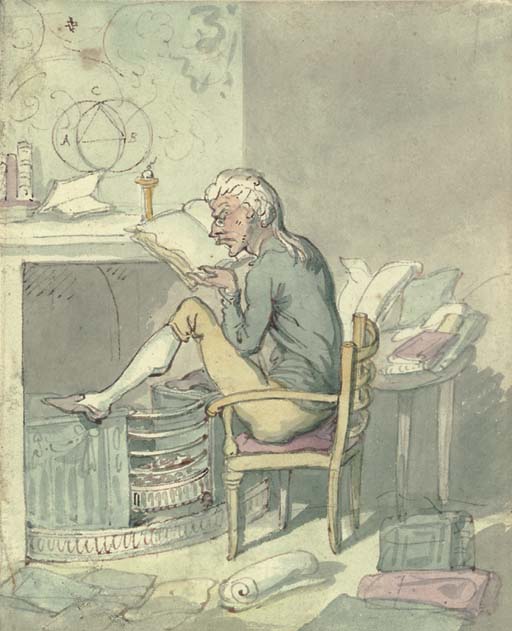Pedant on:
[Wikipedia]
[Google]
[Amazon]
 Pedantry ( ) is an excessive concern with formalism, minor details, and rules that are not important.
Pedantry ( ) is an excessive concern with formalism, minor details, and rules that are not important.
 Pedantry ( ) is an excessive concern with formalism, minor details, and rules that are not important.
Pedantry ( ) is an excessive concern with formalism, minor details, and rules that are not important.
Etymology
Pedantry is the adjective form of the 1580s English word pedant, which meant a male schoolteacher at the time. The word pedant originated from the French word for "schoolmaster," pédant, in the 1560s, or from the Italian word for "teacher, schoolmaster," pedante. Both of these words are likely an alteration of Late Latin word "paedagogantes". The pejorative meaning of a "person who trumpets minor points of learning... or lays undue stress on exact knowledge of details" comes from the 1590s. In ancient Greece, apaedagogus
''Paedagogus'' (, "Pedagogue") is the second in the great trilogy of Clement of Alexandria.
Having laid a foundation in the knowledge of divine truth in the first book, he goes on in the ''Paedagogus'' to develop a Christian ethic. His design ...
was a slave entrusted with teaching young Roman boys.
Analysis
Notably, the distinction between pedantry and perfectionism is that pedantry typically focuses on highlighting trivial, unimportant details of others and is associated with the desire for attention or superiority, whereas perfectionism typically focuses on oneself and the desire of success and achievement. Therefore, pedantry is typically associated with annoyance and being ill-mannered, whereas perfectionism is associated more positively. Ultimately, pedantry could be viewed as an attempt to show superiority by appearing more intelligent, through tasks as simple as correcting a peer's grammar online. In modern times, pedantry is also often used as an intentional tactic or unintentional act which distracts from larger issues by focusing on minor details instead. For instance, a pedant might dismiss or invalidate a comprehensive, logical argument due to a few minor grammatical errors. ''Fowler's Concise Dictionary of Modern English'' (1926) recognised that the term pedantry was "relative" and subjective, stating "my pedantry is your scholarship, his reasonable accuracy, her irreducible minimum of education, and someone else’s ignorance".See also
* Perfectionism (psychology) *Anti-intellectualism
Anti-intellectualism is hostility to and mistrust of intellect, intellectuals, and intellectualism, commonly expressed as deprecation of education and philosophy and the dismissal of art, literature, history, and science as impractical, politica ...
References
Human behavior Pejorative terms for people {{socio-stub